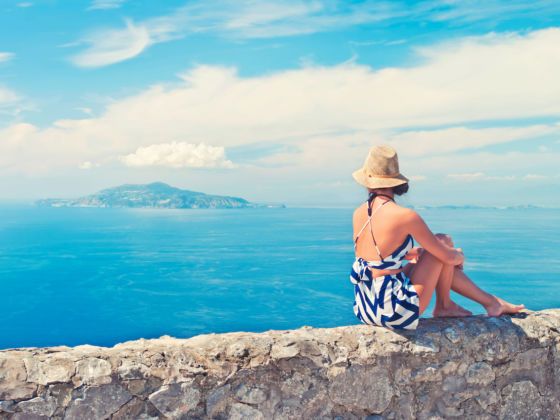THERE IS NO one way to travel. Regardless whether you’re night kayaking solo in Guatemala, or hiking up a 3,700-meter volcano in Indonesia with a group, you’re likely in a world unlike your own. The same applies if you prefer to soak it up on a Costa Rican beach or stuff yourself with dolmas in a fancy Greek restaurant.
I’ve traveled thousands of miles solo for years now, and prefer solo traveling to exploring the world with someone else, especially a god-forsaken group. But, as time has passed, I’ve realized that solo traveling isn’t all it’s chalked up to be.
